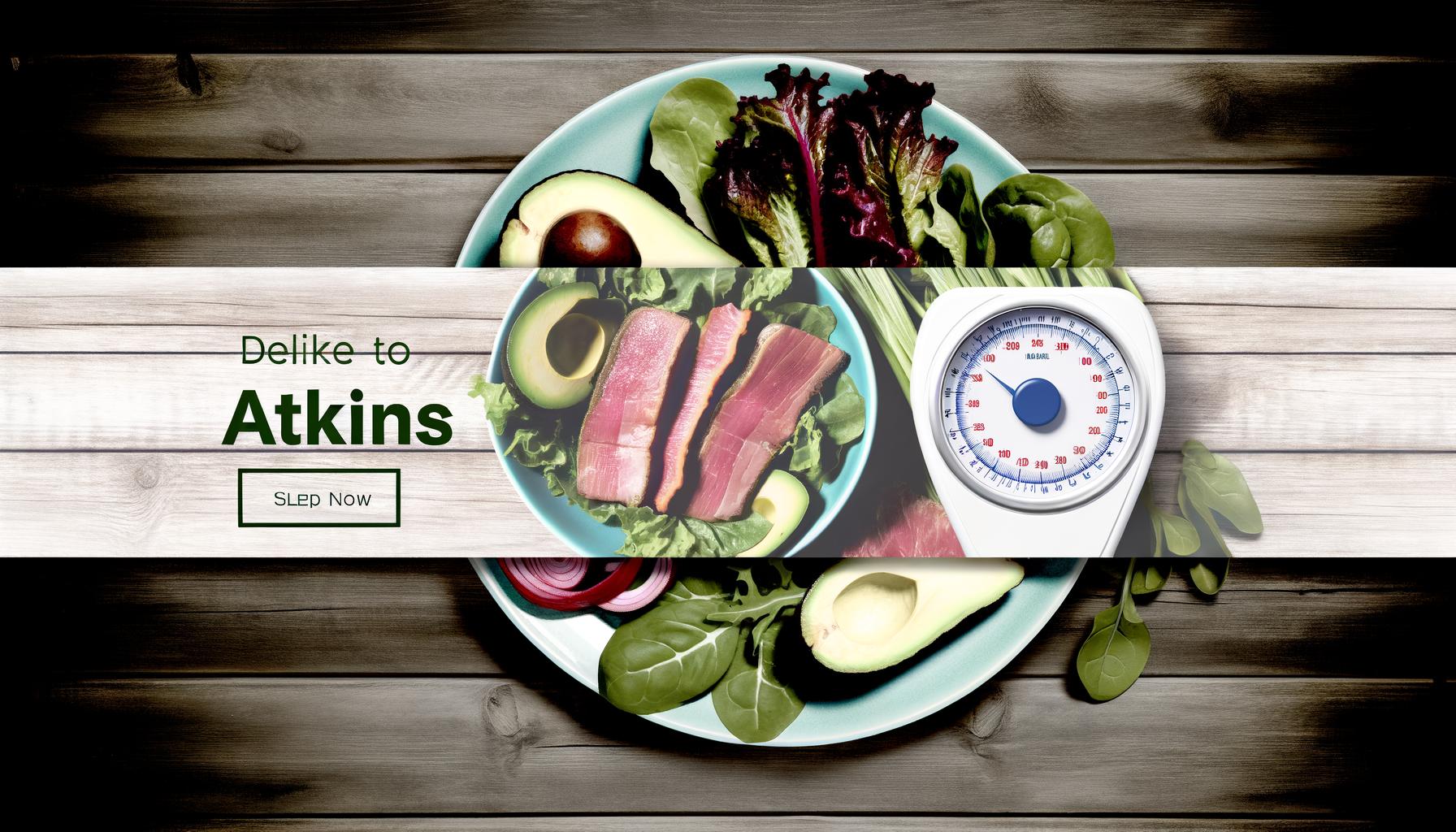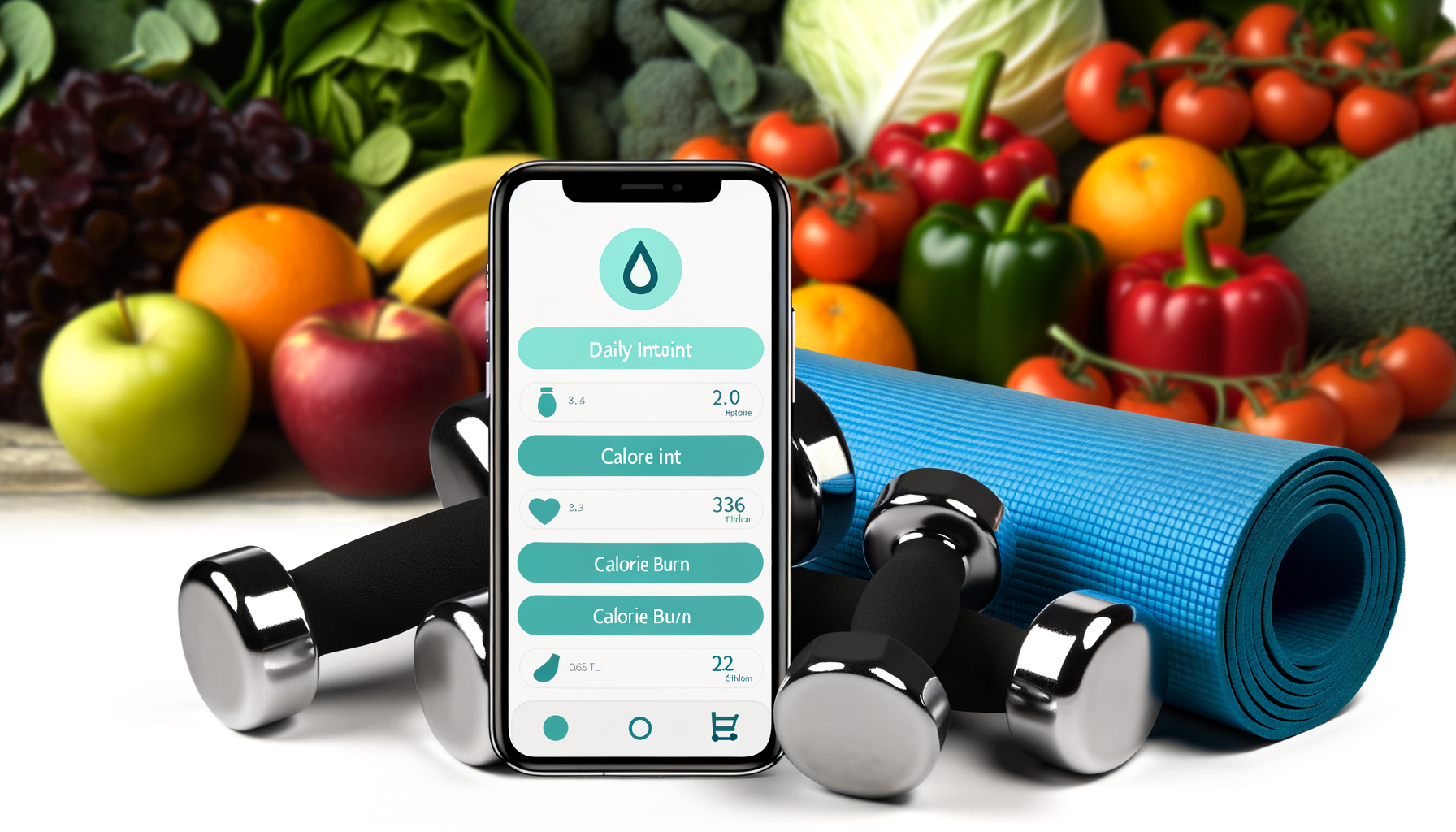The Power of Data: How Calorie Tracking Improves Client Outcomes
In today's fitness landscape, the role of data in enhancing client outcomes is increasingly recognized. One of the most powerful tools in this pursuit is calorie tracking, which provides a detailed overview of dietary habits and helps individuals make informed decisions about their nutrition. By leveraging calorie tracking, fitness professionals can offer personalized fitness plans that cater to each client's unique needs, leading to more effective behavior modification and measurable results. This approach is particularly effective when combined with advanced data analysis techniques, allowing for the continuous monitoring of progress and the adaptation of fitness coaching strategies.
Understanding Calorie Tracking and Its Benefits
Calorie tracking involves monitoring the number of calories consumed on a daily basis, often using tools like the WP Calorie Calculator to ensure accuracy and efficiency. This practice offers several benefits, including increased awareness of portion sizes and better understanding of the caloric density of different foods. For instance, by comparing the calorie content of processed versus unprocessed foods, clients can make healthier choices and avoid overeating, as research suggests that processed foods often lead to higher caloric intake even when calorie content is similar.
Enhancing Accountability and Motivation
One of the primary advantages of calorie tracking is the sense of control and accountability it provides. By logging every calorie consumed, clients are reminded to stay on track with their goals, fostering a sense of responsibility and adherence to their nutritional plans. This psychological impact is crucial, as it engages users by targeting the reward centers in their brains, making the process of tracking calories both motivating and enjoyable as detailed in recent studies. Additionally, calorie tracking apps often offer a comprehensive database of foods, allowing users to monitor their daily intake with precision and make informed dietary choices.
Challenges and Limitations
Despite its benefits, calorie tracking is not without its challenges. One significant concern is the potential for an unhealthy obsession with numbers, leading to a fixation on quantity over quality. This can result in disordered eating patterns or an unhealthy relationship with food. Furthermore, research indicates that self-reported caloric intake data is frequently underreported by as much as 30%, which can undermine the accuracy of tracking efforts highlighting the need for alternative or complementary methods.
Personalized Fitness and Behavioral Modification
Effective calorie tracking should be part of a broader personalized fitness plan that includes behavioral modification strategies. By combining detailed dietary data with insights into physical activity levels and lifestyle habits, fitness coaches can help clients achieve sustainable weight loss and improved overall health. This approach is supported by studies showing that consistent dietary tracking can lead to sustained weight loss over time, even in the face of challenges like holiday periods as demonstrated in a comprehensive diabetes prevention program.
Real-World Examples
A compelling example of the impact of calorie tracking can be seen in studies where participants were provided with clear calorie information on restaurant menus. This increased awareness led to reduced caloric intake, highlighting the power of informed decision-making in dietary choices detailed in case studies. Additionally, apps like MyFitnessPal and Lose It! demonstrate how technology can facilitate calorie tracking and support long-term health goals.
Data Analysis and Monitoring Progress
For calorie tracking to be truly effective, it must be integrated with robust data analysis and progress monitoring. This involves not just tracking calories but also analyzing patterns of consumption, identifying areas of improvement, and adjusting dietary strategies accordingly. Advanced tools like WP Calorie Calculator Plans offer comprehensive analytics, enabling users to track their progress over time and make data-driven decisions about their health and fitness goals.
Strategies for Sustainable Weight Loss
For clients aiming for sustainable weight loss, a holistic approach is essential. This involves focusing on diet quality by emphasizing unprocessed foods, reducing calorie-dense snacks, and increasing physical activity. Strategies like using food journals or meal planners, paired with regular tracking of physical activity, can enhance adherence to these healthier habits as recommended by nutrition experts.
Conclusion and Future Directions
In conclusion, calorie tracking is a powerful tool in the pursuit of improved client outcomes, offering enhanced accountability, motivation, and personalized fitness planning. While it presents challenges, when used judiciously and combined with data analysis and progress monitoring, it can lead to significant advancements in health and fitness. For those interested in integrating calorie tracking into their health strategy, tools like the WP Calorie Calculator offer a structured and supportive environment for success. By embracing a balanced approach that combines technology with holistic health practices, individuals can achieve their fitness goals while maintaining a healthy and positive relationship with food and their bodies.
For further exploration of how calorie tracking can be tailored to your needs, consider exploring the ACE Fitness resources for personalized nutrition strategies. Additionally, visit Harvard Health Publishing for insights on the importance of diet quality and sustainable lifestyle changes.











